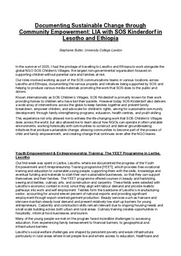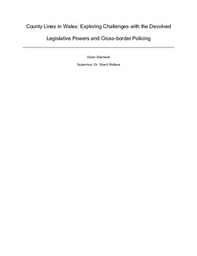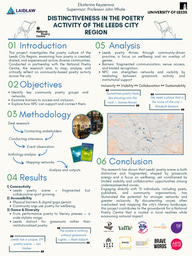Project Outline - When The World Ends: A Comparative Analysis of Destruction Myths

Introduction
Apocalyptic stories are easily overlooked as an avenue for studying societal values, more likely to be seen in fantasy novels than academic discourse. By contrast, the rise of civilizations and gods in creation myths across various cultures are more extensively studied for their depictions of human ideals and interpretations of the purpose of our existence. Destruction myths, which explore the end of the world rather than its beginning, should be equally important in understanding and reflecting the morals, fears, and downfalls of humanity.
Research Question
How can destruction myths give insight into the values that prevail through time and connect people across different cultures? What can these myths reveal about the importance of storytelling as a whole?
Project Details
My research focuses on four destruction myths from different cultures and time periods: the Apocalypse described in Revelations, Ragnarök in Norse mythology, the Hindu belief in cyclical ends, and the Fifth Sun of the Aztecs. I will read through academic papers to explore the cultural context, analyse the central text of the destruction myth, and reach out to experts and archives to examine the specifics and nuances of the myths’ cultures and histories.
By investigating the recurring motifs and ideas present in destruction myths, this project aims to highlight how they can mirror contemporary values and fears and illustrate the importance of storytelling. Ultimately, themes of the apocalypse are not just mythical—they resonate with our present and offer insight into the contexts and complexities of our collective fears and societal values.
Supervisor: Alec L. Joyner.
Project Background
I initially approached this topic as a writer and reader, interested in writing dystopian literature and exploring what happens to society in an apocalyptic context. I am particularly drawn to these concepts by seeing them in my everyday life: the pandemic, climate change, and political polarization. By studying them more closely, I hope to contribute to creative and academic conversations and make new connections between destruction myths and the present day.





Please sign in
If you are a registered user on Laidlaw Scholars Network, please sign in